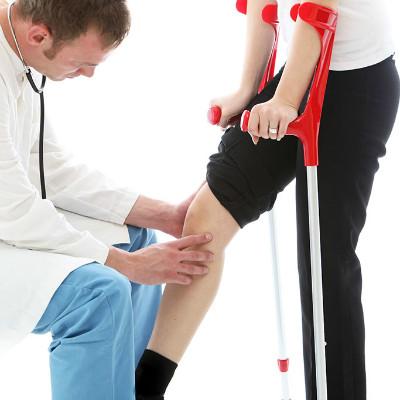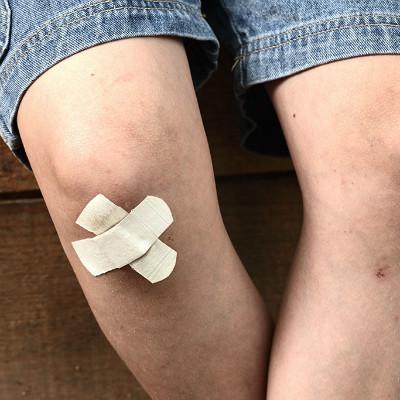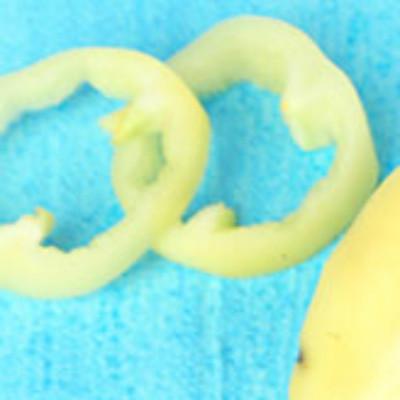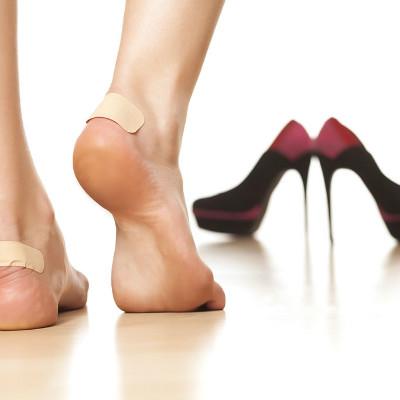How to deal with knee joint injury?
summary
The knee joint is a part of our body that is easy to be injured. We slowly find that such symptoms are different from each other. Once the knee joint is injured, the recovery process is often very long. If the recovery and treatment methods are not correct, it will even cause irreversible damage to the knee joint. Therefore, it is very important to choose a reasonable way to treat the knee joint. So, in life, we should pay attention to it, the following is about how to deal with knee injury?.
How to deal with knee joint injury?
First: when your knee is injured, the first step is to go to a regular hospital for examination, which may include some imaging examinations, such as MRI. There is such a data, our knee meniscus injury detection rate of unarmed examination is about 69.9%, and the accuracy of MRI is as high as 91.1%. Therefore, in many cases, it is necessary to carry out nuclear magnetic examination.

Second: Generally speaking, minor meniscus injury can be recovered without surgery through rest and physical therapy in the acute stage and gradual lower limb strength, balance and coordination training in the recovery stage. Specifically, if the knee meniscus I and II degree injury, or patellar tendinitis, these actually do not need surgery, but in order to better rehabilitation, or to strictly implement the system of rehabilitation plan. If it is already a knee meniscus III degree injury, then it is difficult to say whether it is necessary to do surgery. At this time, we need to have a specific analysis of the problem. Everyone's specific situation is different, whether it is surgery or conservative treatment, we need to listen to the opinions of experts. Of course, we should not only listen to the opinions of one expert, but look at as many experts as possible and consider them comprehensively.

Third: for knee meniscus injury with severe symptoms, such as knee meniscus injury with noose, that is, knee joint cannot be straightened, or knee meniscus injury without obvious effect of conservative treatment, it is necessary to accept surgical treatment.

matters needing attention
When it comes to surgery, we need to make it clear that we should treat it rationally. If it is not necessary, no one is willing to do surgery, but if the disease develops to the point where surgery is necessary, there is no need to fear or reject surgery. Surgery is only one of many kinds of treatment, the ultimate goal is to return health to patients, rather than take away the health of patients. From this point of view, there is no essential difference between this treatment and any other treatment.












